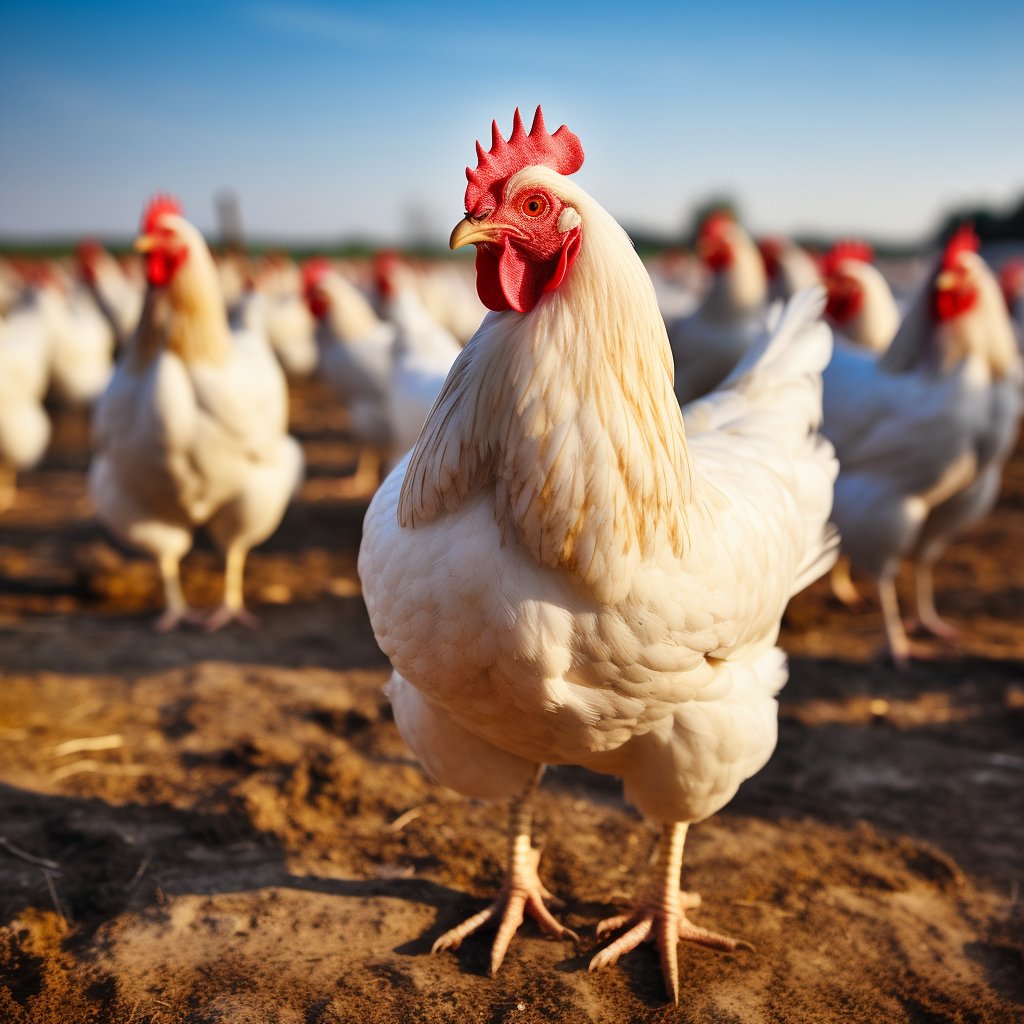Picture: for illustration purposes
Government Grants Permission for Vaccination of Chickens Amidst Bird Flu Outbreak
In response to a rapidly worsening bird flu outbreak, the South African government has announced its approval for the vaccination of chickens on selected farms. The measure, specifically targeting farms that maintain the highest levels of bio-security, has been introduced as the virus continues to ravage the poultry industry, consequently leaving the nation grappling with a severe egg shortage and a likely spike in chicken prices.
While the move has been rationalised as a necessary intervention to contain the devastating impact of the outbreak, the government has revealed that the criteria for determining which chickens and farms will be eligible for the vaccination are still under development.
The bird flu crisis presents a severe threat to the South African economy, as the poultry industry constitutes a significant proportion of the country's agricultural sector. As such, the government's decision to green-light vaccinations is seen as a proactive measure to curb the menace, even as methodologies for implementation are refined.
Should the situation continue unabated, South African consumers will pay the heavy price as chicken, an essential protein source for many households, could become significantly more expensive. The egg shortage would also exacerbate food inflation, making it even more difficult for people to afford basic food products.
This latest decision by the South African government comes as part of a broader plan to mitigate an escalating food security crisis laid bare by the bird flu outbreak. It reflects a nuanced policy approach by the authorities, balancing the need for stringent bio-security measures with the urgency to protect the poultry industry and shield consumers from the economic fallout of the epidemic.










